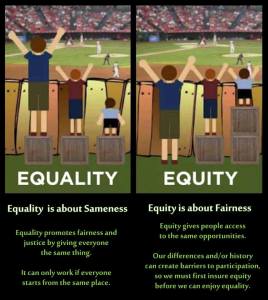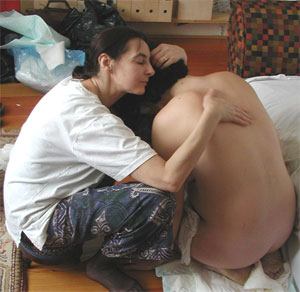
I’ve mentioned this in passing in a few posts recently, finally I’m able to sit down and write a full post about the farcical treatment of independent midwives by their governing body, the Nursing and Midwifery Council (NMC). The backstory to this goes back years. In very brief summary, in 2014, it became mandatory for all health professionals to have indemnity insurance. Prior to this, independent midwives (IMs) were practicing without insurance. Clients would simply sign a declaration stating that they understood this, myself and the husbeast signed such a document when we hired our IM in 2011.
This worked absolutely fine in the overwhelming majority of cases. For two main reasons; first, the client entered into this arrangement with full knowledge and acceptance of it. If it had been a deal-breaker for a client/couple, then they simply wouldn’t have hired the IM and would have sought midwifery services elsewhere, either through the NHS, or a private provider (note: independent and private midwives are very different. Private midwives are employed by a corporate/private maternity care provider. IMs are self employed, totally independent and traditionally free from corporate/insurance interests).
Second, it is generally recognised that IMs provide the gold standard of midwifery care, therefore adverse outcomes are extremely rare. In the exceptional circumstances where something did go wrong, AND the IM was found to be negligent, it was up to the client whether to pursue a legal case or not. With the relationship typically built up between woman and IM, it seems inconceivable that the woman would decide to bankrupt the midwife. Of course, there are a couple of cases of this happening, but it is essential to look at the big picture and assess whether broad strokes that affect nearly 100 midwives and the many thousands of women that they care for are proportionate to the tiny number of cases where lack of insurance was a serious problem.
The reason that IMs were practicing without insurance was that there wasn’t an insurance product available to them. Insurers, with no knowledge of birth or midwifery, considered it too high a (financial) risk.
In 2014, however, when IMs were left with no choice in the matter, they found a provider who was able to create a custom policy tailored to their practice. Any IM registered with IMUK was covered by this insurance. Everything seemed to be going smoothly, until late last year, when the NMC suddenly decided that the insurance they had in place was not adequate. To date, they have refused to explain in what way it is inadequate, or what additional coverage would make it adequate. There have been muddled statements about there not being enough money in the pot to make a single large payout. However, it is my understanding that this isn’t true, and that if a claim were successfully made against an IM, there would, in fact be adequate funds available by the time the payout was expected to be made.
The NMC refuse to accept this and simply forced all IMs to sign a contract, under duress, stating that they would no longer attend births. The lack of warning left hundreds of women without their midwife for their births. Apparently, the NMC found this acceptable.
Birthrights and other organisations have been working tirelessly on this issue. Below is an open letter, written by Birthplace Matters founders, Paula, Jeannette, and Anna. The complete document and correspondence history can be found here. Please feel free to share widely. Tweet the NMC @nmcnews and #savethemidwife and make your voice heard. IMs and birthing women need our support.
Open reply to the NMC from Birthplace Matters – March 2017
Dear Catherine Evans and Emma Broadbent,
Thank you for your response to our letter. It is clear that your goal is to focus on compensating mothers after the event of their birth. We wish to explore this in broader terms and discuss what really matters to the many mothers we hear from at Birthplace Matters.
It strikes us that when a woman is hiring an independent midwife, it is often done as an act of insurance, to protect herself and her baby from damage which she does not want to repeat from an earlier birth. Sadly, the damage we hear about is occurring far too often as a result of ‘routine’ or commonplace procedures which are happening every single day up and down the country.
As such, far from being a luxury lifestyle choice for a wealthy and privileged elite, a woman’s decision to hire an independent midwife is much more often an act of desperation following anxiety attacks, symptoms of PTSD, and feelings of anger and sadness following an experience of giving birth under NHS care. Often, they just want to avoid the same ‘routine’ procedures and treatment again.
Your statement that women still have the option of choosing non-IMUK midwives, fine though they may be, is not actually viable for some – since some women live too far from one for that to be a safe option for birth – especially for 2nd, 3rd, or 4th babies etc, who may come too quickly for a midwife to drive 3 hours to her. In such cases women are left facing the option of going back under NHS care, choosing to birth alone with no midwives, or, as we have been hearing more and more recently, actually choosing not to have any more children. All three of these options are unacceptable when taken as acts of desperation. Do you see now what peril women are in because of this insurance fiasco?
Without exaggeration, some stories we have heard by women describe their birth in the language that rape victims use about the violation of their bodies by strangers. Some are triggered for weeks, months and even years afterwards, often suffering silently. Even if a birth appears on paper to have been a success, with no legal category for suing a hospital, it doesn’t always mean that a woman walked away from her birth experience unscarred. There are invisible wounds which cannot be accounted for in a tick-box on an insurance claim form. Some feel too beaten down to fight anyway.
We are hearing frequently from women who say they were ignored, laughed at and even abused by NHS staff – ironically, your actions in preventing IMs from practising is pushing some women to have to go back to the same place and potentially go through the same traumas all over again.
When we allow insurance companies, governments, and lawyers to determine the T&C’s of birth, it can be interpreted as a carte-blanche to behave appallingly, in the arrogant guise of rescuing women and protecting babies by a highly interventionist approach. The onus on deciding what is safe is therefore shifted away from the mother, where it rightfully belongs, and is assumed by her care team. When a woman is not trusted to make informed decisions, but is instead bullied, this undermines/violates her rights over her own body and her own baby.
This is why so many women seek out an independent midwife – because the word independent means just that – they know full well that whilst their midwife is insured for what is to most mothers, a reasonable and reassuring sum, these midwives are not entirely in the pocket of insurance companies so are not motivated primarily to satisfy insurance company tick boxes over and above the wishes of the mother. They often avoid the same knee-jerk interventionism that is offered within NHS settings, providing instead truly 1:1 watchful, continuous care with the time and space to be with-woman in the way that midwives in hospitals cannot due to restraints outside of their own control. Without wishing to offend individual midwives within the NHS who offer sterling care, we feel that this continuity actually makes independent midwifery a much safer model.
Even the very best NHS midwives will sometimes admit they are just too busy to truly give the full care and attention they would wish they could give to women, knowing that CTG monitors are a poor substitute for 1:1 care and have not been shown to have saved even one life. Even in those places where the NHS aspires to offer truly holistic care, it is not always consistently available for all women coming through the doors. When women are lucky enough to receive truly individualised and holistic care it is more often than not at a personal cost to a midwife’s career progression.
There are so many good NHS midwives working within the system who are being disciplined and over-ruled to satisfy bosses who are thinking of insurance and malpractice tick-boxes first and foremost. Many are leaving the system altogether due to stress and burnout in their attempt to balance gold standard care with restrictions from on high. As well as working within ever more restrictive insurance company T&C’s, it must also be said that the over-riding of mothers’ wishes within the NHS is done in a spirit of old-fashioned paternalism which is very tiring for women to have to put up with in 2017 after all the gains we have made to improve women’s rights elsewhere.
In the light of what we have discussed above, we at Birthplace Matters feel that the NMC’s definition of what it means to protect women and their babies needs to be re-evaluated. In 2017, it ought to mean so much more than a woman’s ability to claim financial reimbursement in the event of lifechanging birth complications – since no insurance company should have a monopoly on defining what those complications are. Clearly, many women are left scarred by their birth experiences in ways that are invisible, but are very real and life-changing for themselves and their babies in ways that affect whole families. Offering a wildly inflated sum like £10m is meaningless to a mother who has to drive a 10 mile detour so she doesn’t have to go past a hospital where she gave birth and who does not want to relive the trauma all over again by pursuing a legal case – especially if the hospital closes ranks and proposes what constitutes harm by their own definition only, ignoring or belittling her complaints.
The insurance cartel that is taking over birth practice is turning this very natural process into an increasingly clinical event with unhappy consequences for many mothers and babies. If such insurance-dominated practice was translating into safer and more satisfying birth it would make sense – yet the opposite seems to be true, judging by the soaring rate of inductions and other interventions which drive up the cesarean rate.
We ask that you pay attention to the voices in the #savethemidwife campaign and recognise the ridiculousness of telling independent midwives they are not insured for enough without stating what ‘enough’ is, leaving them and their clients in a state of confusion and despair. Why not let mothers decide on what level of insurance they want to choose rather than letting the insurance companies dictate whether a woman can afford an independent midwife, or not? Independent should mean just that – forcing them to fall in line with the NHS suggests you do not appreciate the difference between the two uniquely different models. They should remain separate as they have been to date, and women should rightfully be at the helm in choosing what they need.
Yours in frustration,
Paula, Jeanette and Anna – The Birthplace Matters Team
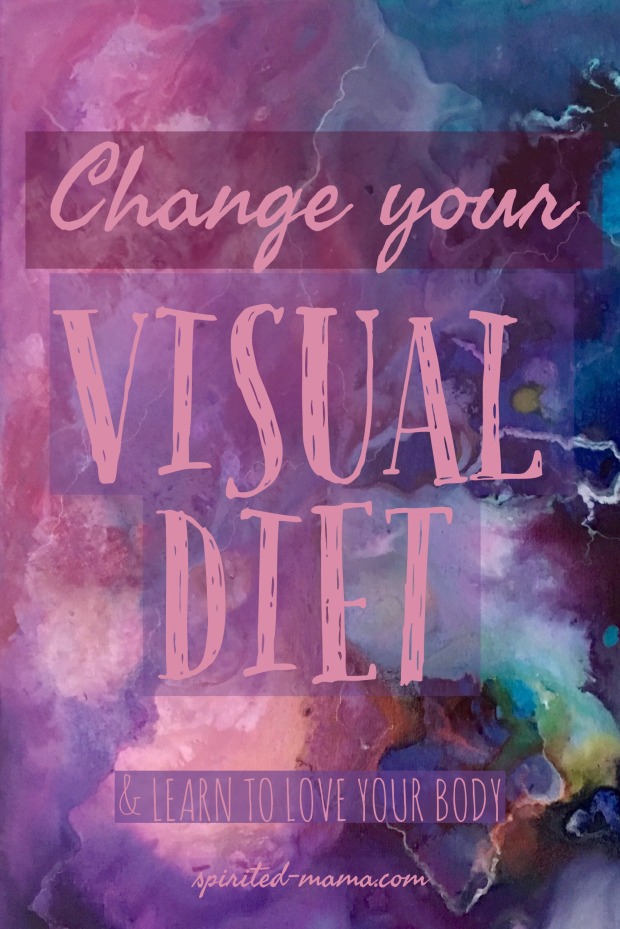
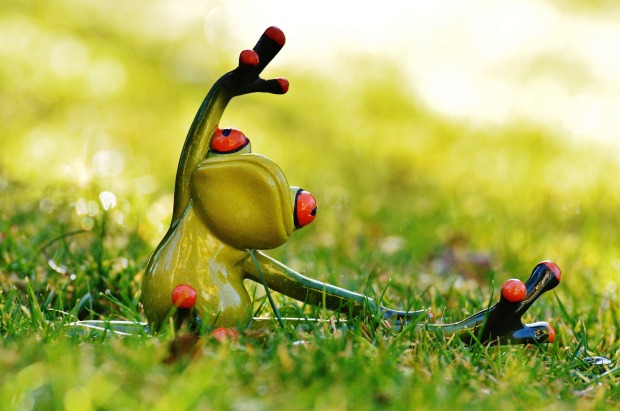
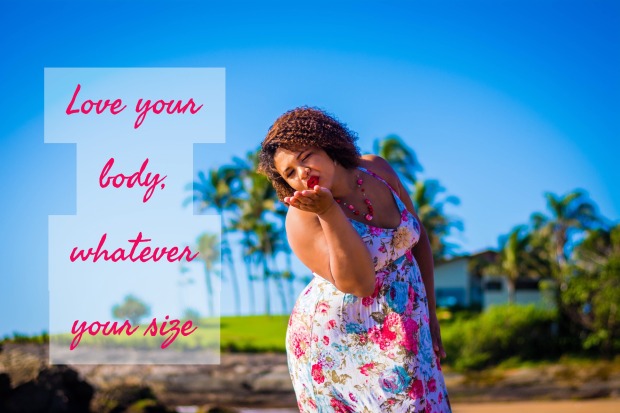

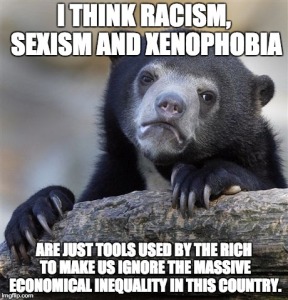 Others, however, take a more selfish view. Preferring to fear those with different coloured skin and different faith, preferring to close borders and protect their own self-interests. They blame the innocent victims of war for the crimes of their own governments. The chronic underfunding of public services here in the UK, coupled with the vitriolic lies in the tabloid papers has meant that millions of Brits have an irrational hatred of everything foreign.
Others, however, take a more selfish view. Preferring to fear those with different coloured skin and different faith, preferring to close borders and protect their own self-interests. They blame the innocent victims of war for the crimes of their own governments. The chronic underfunding of public services here in the UK, coupled with the vitriolic lies in the tabloid papers has meant that millions of Brits have an irrational hatred of everything foreign.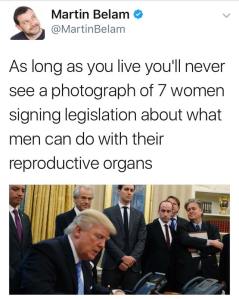 One of Trump’s first actions has been to
One of Trump’s first actions has been to 